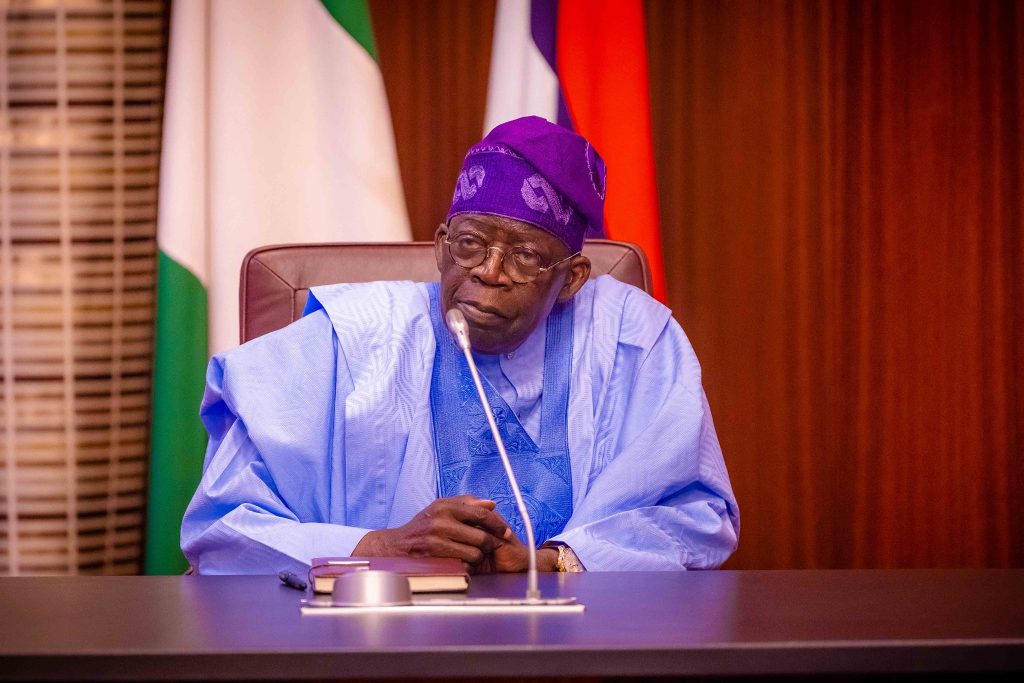Imposition Of Levy On Expatriate Workers In Nigeria
 On Tuesday 27th of February 2024, the President of the Federal Republic of Nigeria, His Excellency, Bola Ahmed Tinubu made a significant announcement regarding the imposition of a levy on expatriate workers in Nigeria. The Expatriate Employment Levy (EEL) is a compulsory contribution required by the government from employers with expatriate staff and it is expected to come into force with immediate effect. However, details of a specific start date is yet to be communicated to the public.
On Tuesday 27th of February 2024, the President of the Federal Republic of Nigeria, His Excellency, Bola Ahmed Tinubu made a significant announcement regarding the imposition of a levy on expatriate workers in Nigeria. The Expatriate Employment Levy (EEL) is a compulsory contribution required by the government from employers with expatriate staff and it is expected to come into force with immediate effect. However, details of a specific start date is yet to be communicated to the public.
The Minister of Interior, Honourable Olubunmi Tunji-Ojo, explained that the project would be operated and implemented through the Federal Ministry of Interior and the Nigeria Immigration Service.
Key Objectives
The EEL has the following objectives:
- Promoting transfer of skills and training local skills
- Balancing economic growth
- Protecting the country’s local market resources and social equity
- Increasing collaboration between the public and private sectors
- Balancing labor and employment demographics in the country.
Sectors Impacted by the EEL
The imposed levy primarily focuses on the private sector that employ foreign workforce across diverse businesses, including but not limited to; Construction, Manufacturing, Information and Communication Technology (ICT), Agriculture, Oil & Gas, Telecommunication, Services, Banking and Finance, Maritime and Shipping, and Healthcare. Succinctly, any company that engages expatriates is subject and liable to pay the Expatriate Employment Levy.
The Applicability of the EEL
The categories of expatriates envisaged by the EEL are foreigners employed within Nigeria or individuals on specific types of work permits/visas.
In essence, the EEL only apply to expatriates who have been employed in Nigeria on a long-term work visa (also called “Combined Expatriate Residence Permit And Aliens Card or CERPAC”) and who currently occupy a position on a company’s expatriate quota, or expatriates who have been employed in Nigeria on a short term work visa and have been in Nigeria for an aggregate of one hundred and eighty-three (183) days or more within a fiscal year. The last employer shall be the one to bear the responsibility of paying the EEL when it becomes due.
Expatriates that have only come into Nigeria to carry out a seasonal or short-term employment are exempted from the payment of EEL if they have not stayed for an aggregate period of 183 days within a fiscal year.